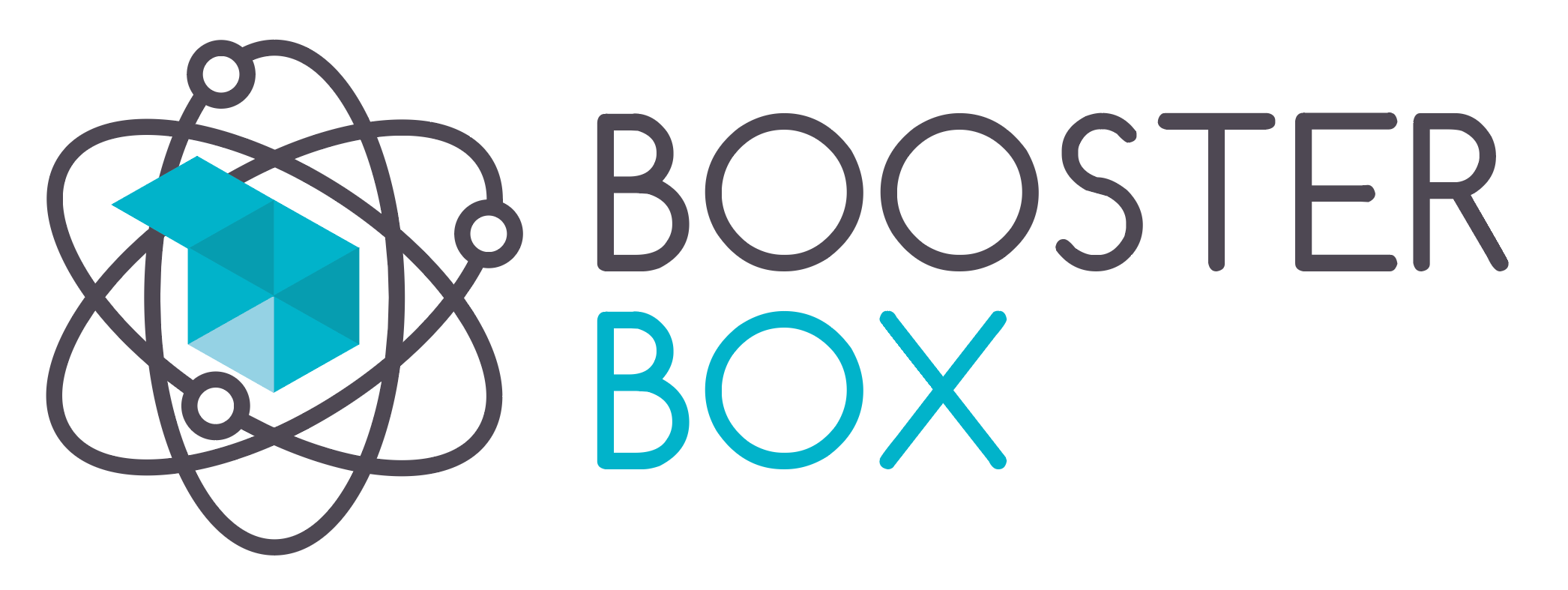Find out why our talented Boosters transitioned from Academia to Performance Marketing. We asked them about their secret pasts, why they moved, how they moved and what you should know if you are thinking about doing the same.
How many times have you heard of successful CEOs with the most unrelated undergraduate studies? Like the top finance CEO of a country previously studying… Anthropology? There’s nothing wrong with that! Talent is everywhere. At Booster Box, THE digital performance marketing agency, we have a team with very different academic backgrounds. But what motivates people to pursue a career in Performance Marketing if they are coming from a completely different background? To get some answers, we interviewed three of our top Boosters who joined our team after completing PhDs in very unrelated fields. Before we dive into their responses, here’s a little bit about our three interviewees.
Tamsin comes from a small town in Ireland and joined Booster Box in 2021. She studied microbiology as an undergraduate and worked to reduce greenhouse gas emissions from agriculture during her PhD. Andrea joined our team this year with a Master’s degree in Statistics from the University of Florence and a PhD in Statistics from the University of Bologna. His background in cybersecurity applications set him up to pursue a career in data science at Booster Box. To bring an even more international feel to Booster Box, Alejandro recently joined our team with a physics degree from Cordoba, along with a Master’s Degree in Astrophysics and Particle Physics (Wow! Are you the next Elon Musk?!). Alejandro passed on an opportunity to join the Euclid collaboration, a European Space Agency Satellite expected to be launched in 2023, to work with us instead!
A diverse group of people, from unrelated fields of study, each end up working as data analysts at Booster Box- we just had to ask, why?! Why did you choose a career in Performance Marketing?
Tamsin told us, “My background in research helped me transition into my role as a marketing scientist here at Booster Box. I chose to jump into performance marketing because “It’s an extremely fast paced, ever-changing environment with high investment. I believe it to be a great place to learn and apply skills quickly with endless progress and innovation”.
Similarly, Alejandro believes that “performance marketing is a field with an incredible future. Digital marketing is around us in our everyday life, we consume it even when we don’t know anything about it. For this reason, I felt really curious to learn how to use my data analyst knowledge and skills for digital marketing, and learn more about this field”. Andrea also mentioned how he believes that his “studies in statistics prepared him for the digital marketing world. So much data is collected on a daily basis that digital marketing has so much to teach us and can help expand our horizons”.
Sounds great right? But let’s face it, change is not always roses and unicorns. Changing your work environment can be drastic. Boosters, what is the biggest change from Academia to the Tech industry? What challenges did you face?
Tamsin: “Two of the biggest differences between Academia & Tech are the pace and the style of working. In Academia we frequently work alone as we are all working on our own projects. Even if we share the workspace with other researchers, when faced with problems, it is often a solo quest to find solutions. In Tech I have found that there is a much stronger team mentality. We are all working toward the same goal and the work and projects are much more collaborative. Secondly, the work pace is markedly different. In Academia it takes a long time to go from an idea to something that is actionable. You need to apply for funding, set up experiments, analyse data, write a paper, wait for it to pass review and finally hope that it will make some difference. This is massively different from my current role where there is a much shorter timeline for projects and where ideas can be trialed almost immediately”.
Similarly, Alejandro told us that, “The most challenging thing I think is adapting to short-term goals where you are expected to produce real-world answers and solutions quickly. On a daily or weekly basis you have real-life application of your work and can see the immediate impact of your analysis.”
Andrea believes that, linking to his previous response, “although there is a strong connection between statistics and digital marketing, it is hard to find a balance between the two. Statistics and data are the foundation of digital marketing, so in order to be a PPC ninja you most likely have to master both”.
If you are considering a career in Performance Marketing (or even if you are not!), here’s something to think about. We asked our interviewees, “What is your advice for someone contemplating the same move?”
Tamsin told us that, “Leaving academia doesn’t mean that you are leaving behind all the skills that you have acquired or that you are abandoning research. Many of the skills you learned while completing your research are transferable and there are many ways that you can use them. Don’t undersell yourself. While inside the academia bubble it can seem like there are only a few career paths open to you. This isn’t the case, nothing is set in stone. There are many options available and you should explore these to find a position that suits you, suits the way you want to work and suits your goals. Taking a step outside of academia could give you a fresh perspective and allow you to rapidly develop”.
Alejandro agrees with Tamsin and recommends “not being afraid of making this move. At the beginning it will be overwhelming, because the new work method and topic are really far from what you have been doing for so many years. But, as PhD students, we are able to adapt to different situations and learn really quickly. So just keep in mind that every process takes time. In order to understand your current research topic really well it took you many years of work, so do not expect to be a digital marketing master in just a few weeks. Enjoy the process of learning, and you will see that your PhD skills are much more valuable than you think!” Andrea adds that, “In our team we have people with different skills, passions, and knowledge, that as a whole create a strong foundation for Performance Marketing. No matter what your background is, it is never too late to take a 360 degree turn in your career”.
Andrea also agrees with Tamsin and Alejandro, and adds “Don’t be discouraged! The world now revolves around technology, data, and we are all prone to being part of a digital world. If you dive into the world of data, tech, and digital marketing you will be ahead of the game – no matter what your background is!”
Favourite perks since moving? “Endless free coffee & snacks! (especially appreciated after life as a strapped PhD!), and the chance to unwind with colleagues in so many fun ways – ping-pong championships, yoga, frequent aperitivos, dinners… There is a really friendly vibe here”.
In case you haven’t figured it out yet, we’ll tell you loud and clear: Performance Marketing is taking over the digital world. Can your seemingly unrelated background studies give you the building blocks for your future career? Absolutely! All our interviewees, for example, have knowledge in the sciences – microbiology, cybersecurity and astrophysics respectively. This scientific experience gave them the solid foundation they needed to become successful data analysts. Alejandro hit the nail right on the head when he said, “Digital marketing is around us in our everyday lives, we consume it even when we don’t know anything about it”. We are already all involved in the world of performance marketing, now we can have the opportunity to shape it.
It’s a terrific time to be part of the Performance Marketing world, here is why.

